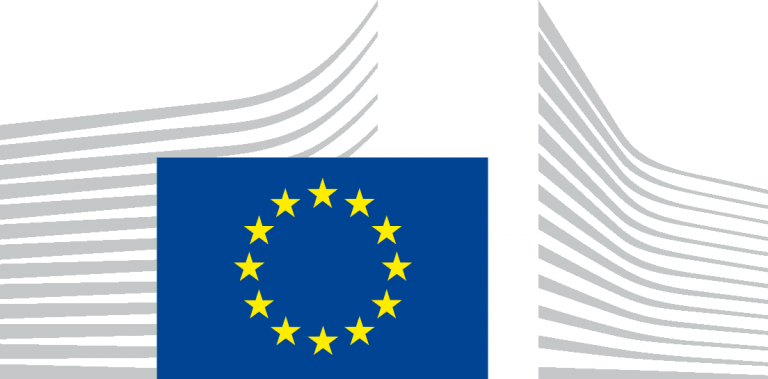Die Europäische Kommission hat heute Änderungen am Gesellschaftsrecht für Unternehmen vorgeschlagen. Die Kommission will damit auf EU-Ebene einheitliche Verfahren festlegen, um Verlagerungen, Fusionen und Aufspaltungen von Firmen über Staatsgrenzen hinweg zu erleichtern. Die neuen Regeln enthalten auch vage Vorschriften zur Bekämpfung missbräuchlicher Gestaltungen. So muss der Wegzugsstaat künstliche Transaktionen verbieten, die darauf abzielen, ungerechtfertigte Steuervorteile zu erlangen oder die gesetzlichen oder vertraglichen Rechte von Arbeitnehmern, Gläubigern oder Aktionären zu untergraben. Was als künstliche Transaktion zu werten ist, definiert der Kommissionsvorschlag jedoch nicht. Die EU-Kommission reagiert damit auf Urteile des EuGH, die Unternehmen weitgehende Rechte auf Mobilität im Binnenmarkt zusprechen.
Dazu sagt der wirtschafts- und finanzpolitische Sprecher der Grünen/EFA-Fraktion im Europäischen Parlament, Sven Giegold:
“Die Vorschläge zum Gesellschaftsrecht führen zu einem Förderprogramm für Steuer- und Sozialdumping in Europa. Solange wir innerhalb der EU sehr unterschiedliche Steuer- und Sozialsysteme haben, sind Erleichterungen von Unternehmensverlagerungen im Binnenmarkt schädlich. Wir brauchen zuerst ein gemeinsames europäisches Unternehmenssteuerrecht und soziale Mindeststandards in Europa.
Ohne neu zu definieren, ab wann eine Gestaltung künstlich und deshalb wettbewerbsschädlich ist, sind die Maßnahmen gegen missbräuchliche Transaktionen ein zahnloser Tiger. Die bisherige Rechtsprechung des EuGH erlaubt Briefkastenfirmen mit einem einzigen Mitarbeiter und ist deshalb völlig unzureichend im Kampf gegen Steuer- und Sozialdumping. Ein europäisches Programm für Unternehmensverlagerungen konterkariert faktisch jedoch die Bemühungen zur Steuerharmonisierung in Europa.”
Übersicht der Vorschläge der EU-Kommission:
http://europa.eu/rapid/press-release_IP-18-3508_en.htm
Vorschlag der EU-Kommission für Änderungen an der Gesellschaftsrichtlinie:
https://ec.europa.eu/info/sites/info/files/placeholder_12.pdf
Hintergrund
Article 86g Examination by an independent expert
- The expert shall draw up a written report providing at least:
(a) a detailed assessment of the accuracy of the reports and information submitted by the company carrying out the cross-border conversion;
(b) a description of all factual elements necessary for the competent authority, designated in accordance with Article 86m(1), to carry out an in-depth assessment to determine whether the intended cross-border conversion constitutes an artificial arrangement in accordance with Article 86n, including at a minimum the following: the characteristics of the establishment in the destination Member State, including the intent, the sector, the investment, the net turnover and profit or loss, number of employees, the composition of the balance sheet, the tax residence, the assets and their location, the habitual place of work of the employees and of specific groups of employees, the place where social contributions are due and the commercial risks assumed by the converted company in the destination Member State and the departure Member State.
Article 86n In-depth assessment
Member States shall ensure in order to assess whether the cross-border conversion constitutes an artificial arrangement within the meaning of Article 86c(3), that the competent authority of the departure Member State carries out an in-depth assessment of all relevant facts and circumstances and shall take into account at a minimum the following: the characteristics of the establishment in the destination Member State, including the intent, the sector, the investment, the net turnover and profit or loss, number of employees, the composition of the balance sheet, the tax residence, the assets and their location, the habitual place of work of the employees and of specific groups of employees, the place where social contributions are due and the commercial risks assumed by the converted company in the destination Member State and the departure Member State.

